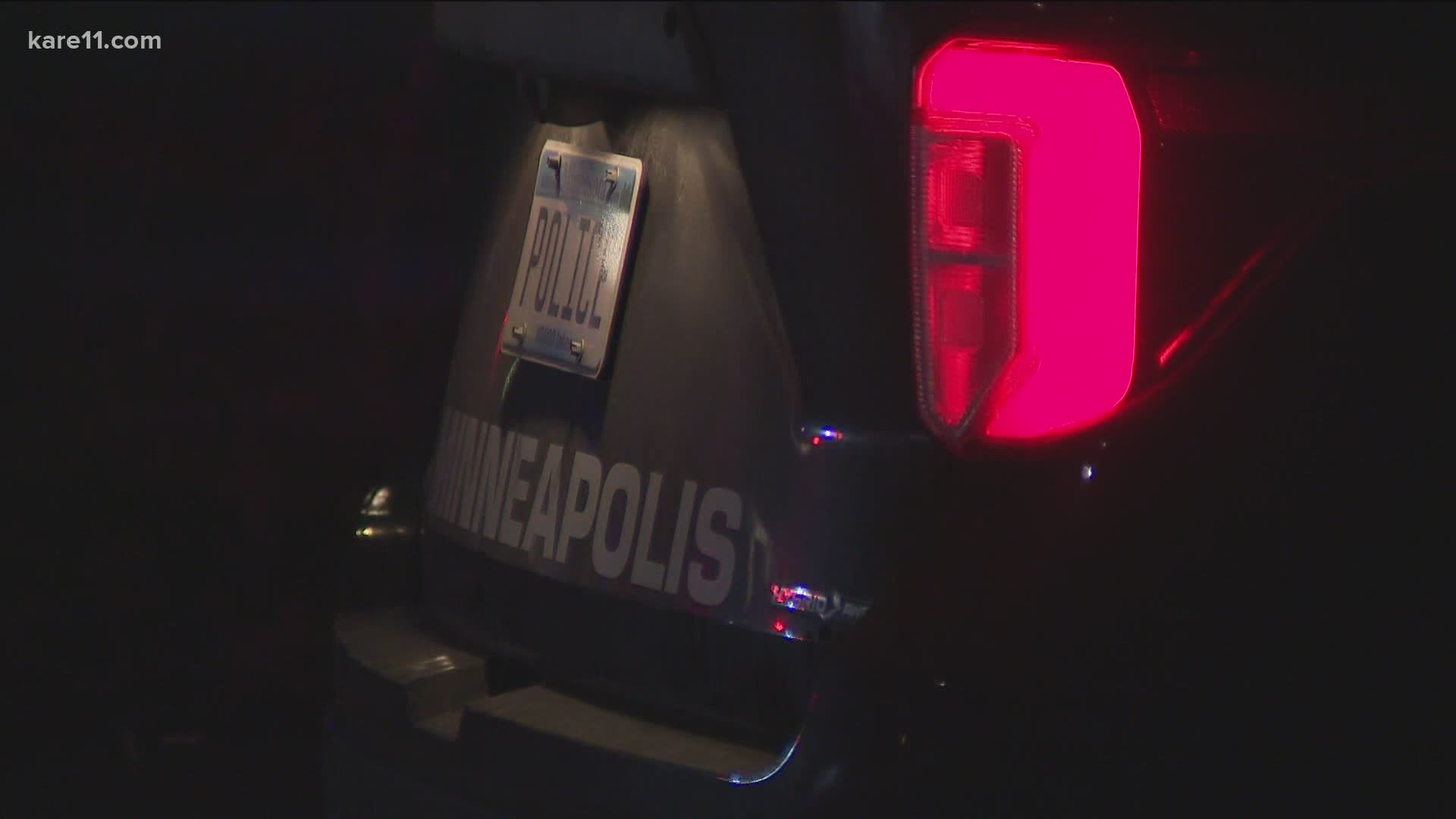MINNEAPOLIS — A city council committee on Thursday approved sending $5 million in reserves back to the Minneapolis Police Department to cover overtime costs, after the department reported losing nearly 25% of its sworn full-time workforce compared to 2020.
The Public Health and Safety Committee's favorable vote forwards the measure to the full council for review.
According to a presentation by Minneapolis Police officials, the department still has 60 full-time employees on disability leave, for a total of 632 employees. In 2020, that number stood at 845; meaning the overall full-time force has decreased by 25% in the past year. Chief Arradondo would not say why the attrition was occurring, but KARE 11 has previously reported on the department's high number of retirements and disability claims.
At the same time, MPD provided data showing that gunshot wound victims have increased by about 123% compared to this time last year. Homicides are also on pace to reach the highest totals in recent memory.
"We've collapsed, obviously, over the past year, we've collapsed and decommissioned units that we've had previously. So we're continuing to look at that," Arradondo told the council committee on Thursday. "We'll continue to keep looking at the organization as we're dealing with the staffing challenges."
The $5 million in overtime, stashed away in a fund created by the council during the latest budget cycle, will only cover 16.6% of the department's "capacity loss," according to data shared by MPD.
Council member Steve Fletcher was among those who asked questions about the department's staffing. He wondered about the connection between more overtime and more use of force on the job.
"What are we doing, to make sure that as we're relying on overtime this year, we're continuing to create accountability?" Fletcher said.
Pastor Jerry McAfee of New Salem Missionary Baptist Church, who has been patrolling troubled intersections for the past three weeks as a part of the "21 Days of Peace" campaign, said Thursday that MPD certainly must be "bolstered."
His work on the streets, along with other faith leaders and groups like A Mother's Love, is supplemental to police work, he says.
"If [MPD] had all the money they needed, they still wouldn't be up to speed for two years. What do you do in the interim?" McAfee said.
After this first phase of "21 Days of Peace," McAfee and others will move into the next phases of their plan: job training and development.
But so far, he feels the campaign and added community patrols on the streets have made a difference.
"Every place we're planted, we're doing well," McAfee said. "The neighbors are coming out. Even some of the interactions with the police officers have been good and positive, so I think we're on the right track."

